Author: Sanjiv Phansalkar
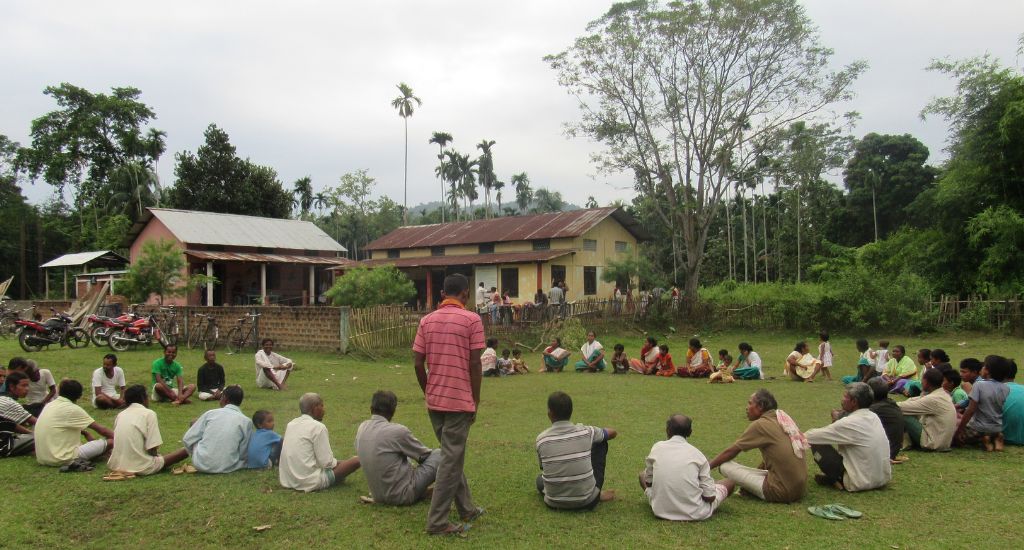
Why Assam’s gaon burha governance system remains popular
The Rabha community in Assam has its own traditional governance system called gaon burha, wherein a committee of village elders solves conflicts without external intervention.
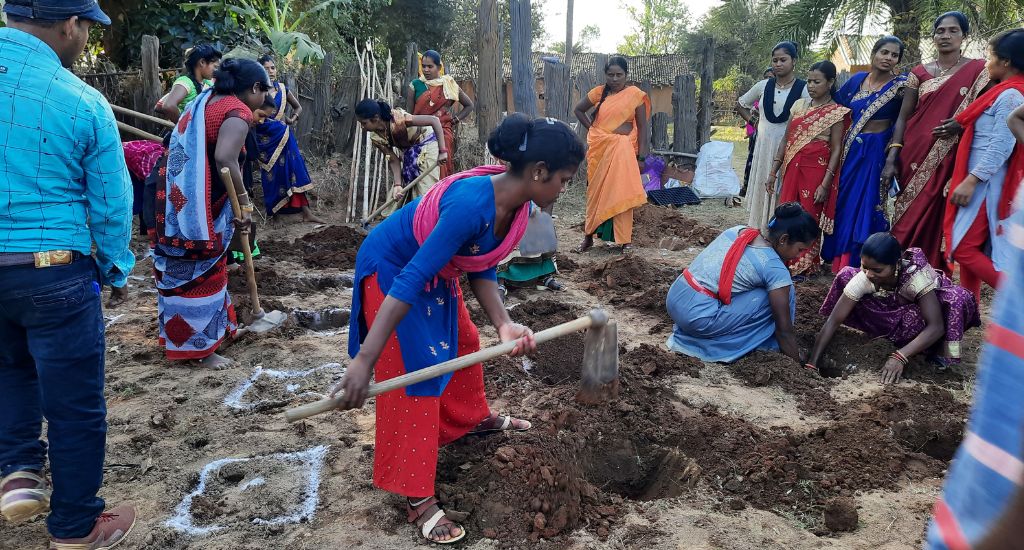
3Ms herald prosperity in troubled Bastar
Bastar, once synonymous with Naxalism, is seeing a slow change for the better through moringa and millet cultivation, besides wage work through the rural employment scheme.
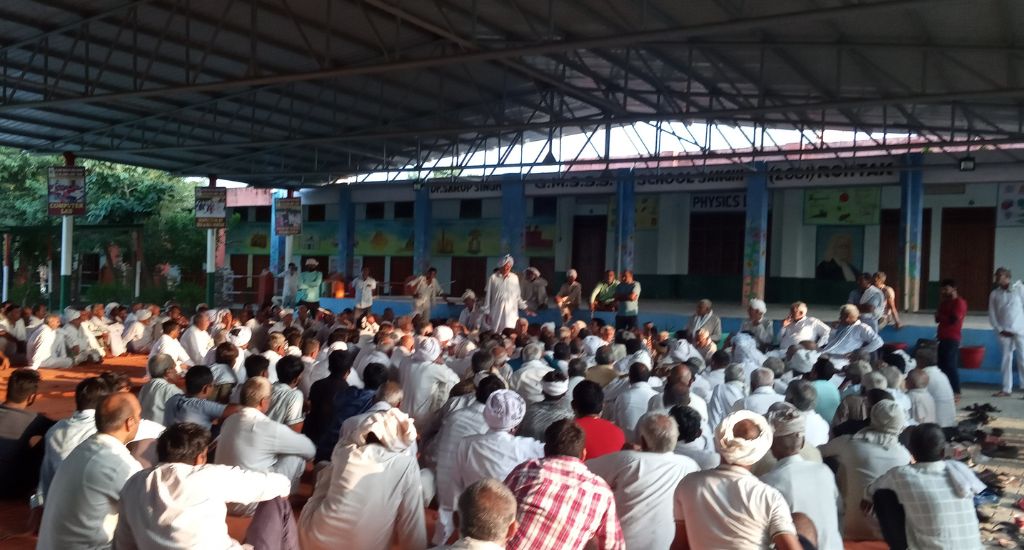
The much-maligned khaaps still have potential
Though rigid at times, the centuries-old informal social institution of khaap can still be effective in solving issues if it adapts to the needs of a changing society.
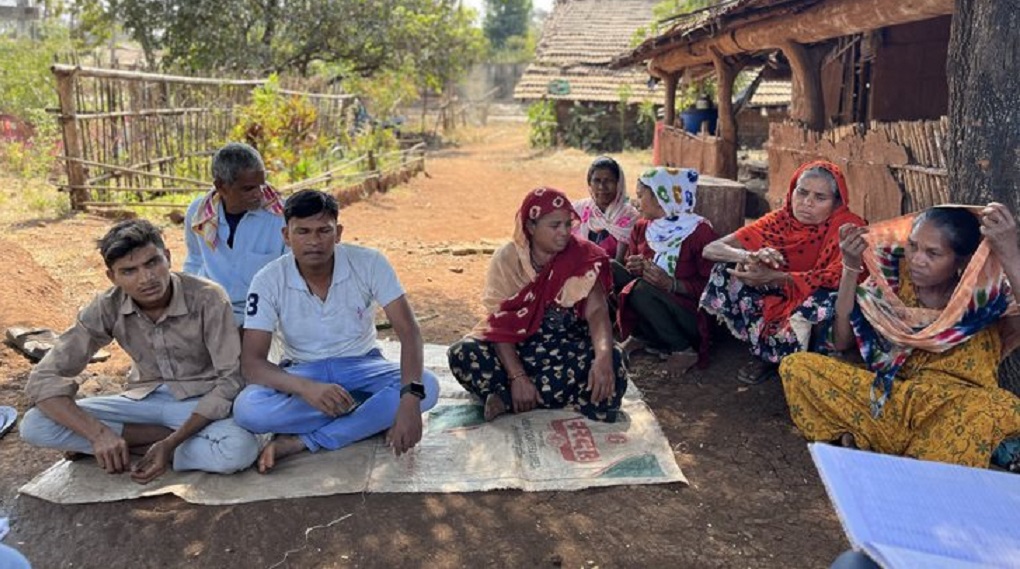
Tribal dairy farmers prosper with ‘solar-irrigated’ fodder
Forest villages that were once a picture of neglect have started prospering, thanks to solar-powered irrigation that helps villagers rear cattle and provide them green fodder.

Of pani puri and beauty salons: Gujarat tribals turn entrepreneurs
In an unyielding terrain where farming is unsustainable and when migrating to cities is not lucrative, promoting rural enterprises is helping tribal youth become successful micro-entrepreneurs.
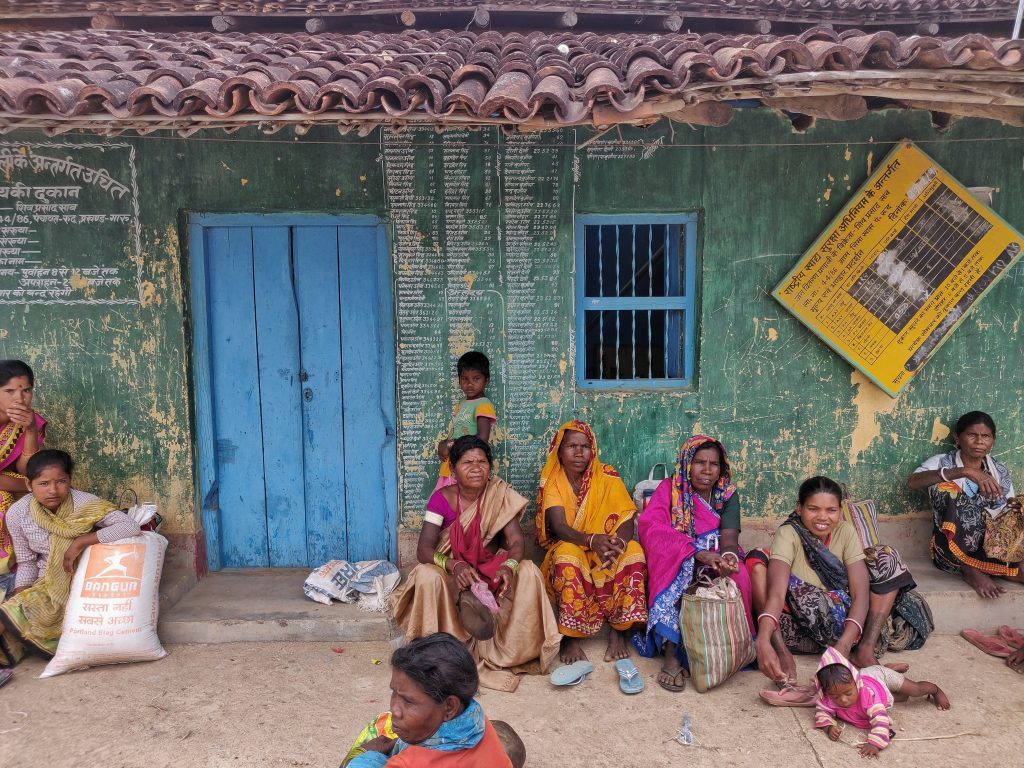
Four hurdles to social change in rural India
Rural India has a long, arduous journey towards socio-economic development. However, there are four major challenges which if addressed could make the journey easier.

A bus driver now drives farm prosperity
Meet Amol Kadam, a bus driver who is helping his village with farming.
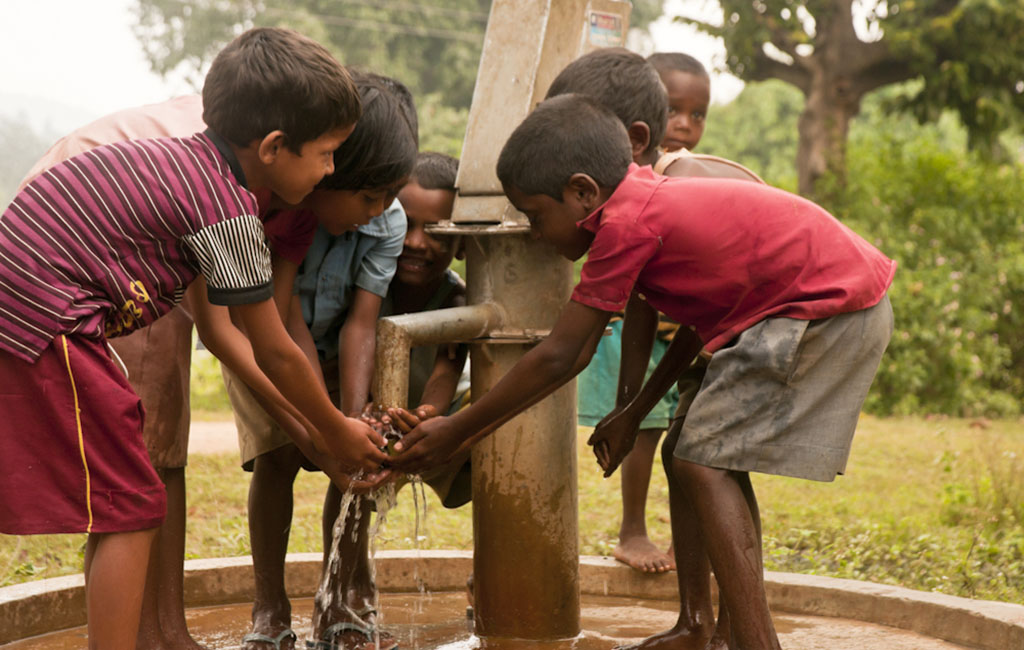
How do tribal households view government interventions?
Contrary to general opinion that tribes are a neglected lot, they are not only aware of the various government schemes for their welfare but are happy about the implementation.

The silent revolution: The DAY of hope and promise
Leading development expert, Sanjiv Phansalkar, is in awe of Deen Dayal Upadhya Antyodaya Yojana - a social programme that’s impacted over 86 million households through over 8 million self-help groups of women.

Weed wars – invasive plants battle it out
Aggressive and highly invasive plant species are destroying India’s forest lands and biodiversity. Sridhar Ananth and Sanjiv Phansalkar write about the scale of this issue and deliberate possible solutions.

The elephant and the honey bee: Are there lessons for Meghalaya and Tripura?
An ecosystem consisting of honey bees, elephants and rubber plantation is enabling additional income for tribal homes. Here K Sivamuthuprakash and Sanjiv Phansalkar describe the fascinating project which facilitates this ecosystem.
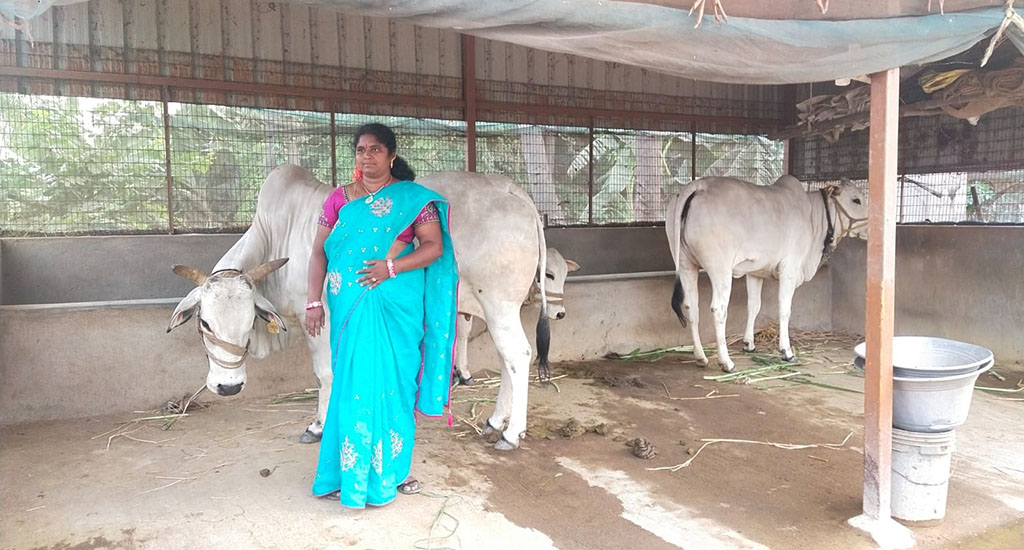
From the bladder of a cow
Natural farming based on the clever use of cow waste is transforming lives in Andhra Pradesh as Sanjiv Phansalkar of the VikasAnvesh Foundation discovered close up.

The lack of sustainable farming prospects in India
While the government is taking small steps towards sustainable agriculture, there are challenges ranging from India’s agricultural workforce to its political economy that need to be acknowledged and addressed.
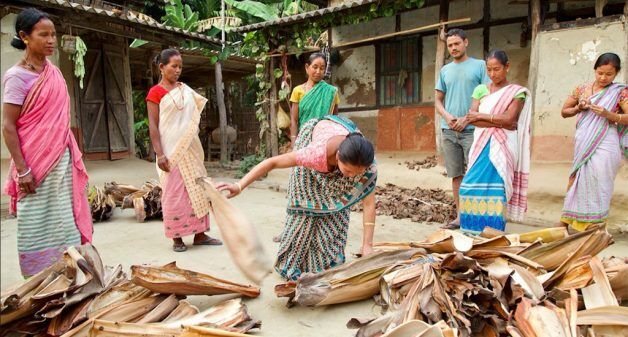
Sustaining a social enterprise during lockdown
A company that makes eco-friendly tableware by roping in marginalised tribal women, uses different funding approaches to sustain their livelihood through the lockdown.
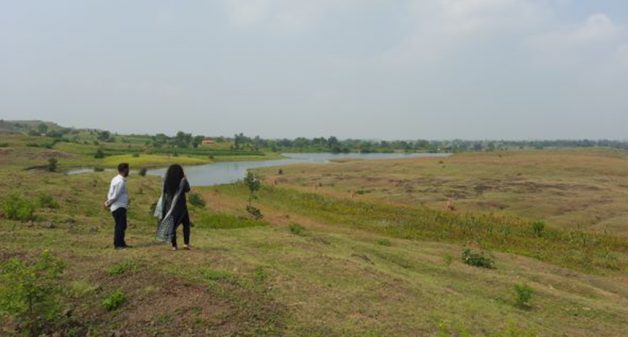
Of livelihoods in barren terrains
In remote and barren terrains people should be helped in turning adverse conditions to their advantage, rather than pursuing unviable dreams.

Ostriches or supplicants? Missing home insurance in rural India
Disasters destroy houses. Despite living in disaster-prone areas, people do not opt for home insurance. They prefer to take the disaster relief offered by the government
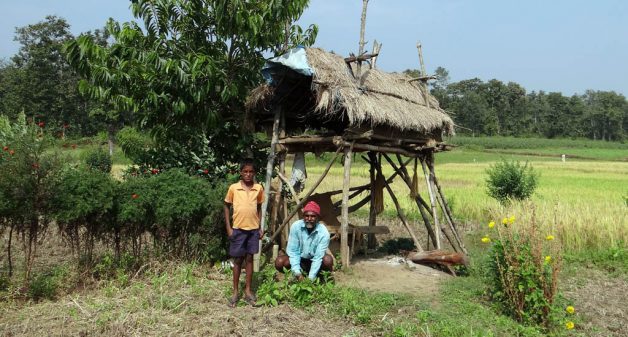
COVID-19 and rural India: Is no news good news?
With lack of requisite health infrastructure and testing facilities, besides testing hesitancy among villagers, there is no clear picture on the impact of the pandemic in rural India
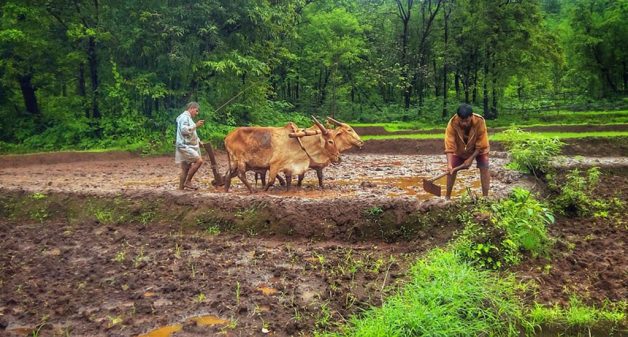
Constraints that prevent farmers from becoming prosperous
Land holding size, water availability, funds and markets impact farmers’ incomes. This second piece of a four-part series explores constraints and viability of mixed farming for farm prosperity
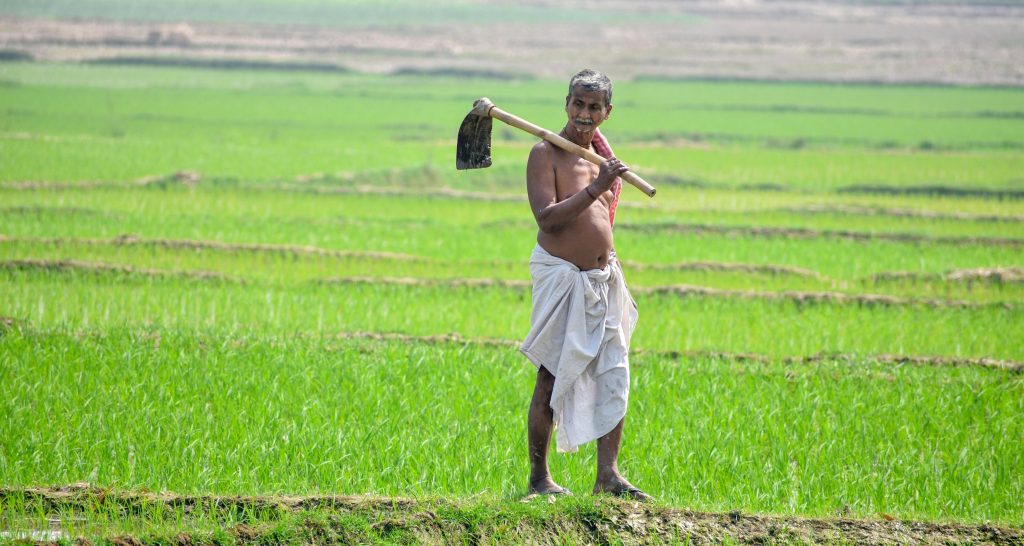
Can farmers farm for prosperity?
Those who intervene for farmers’ welfare seem to prefer maintaining the poor-farmer image than ensuring financial success. The first of a four-part series explores this aspect
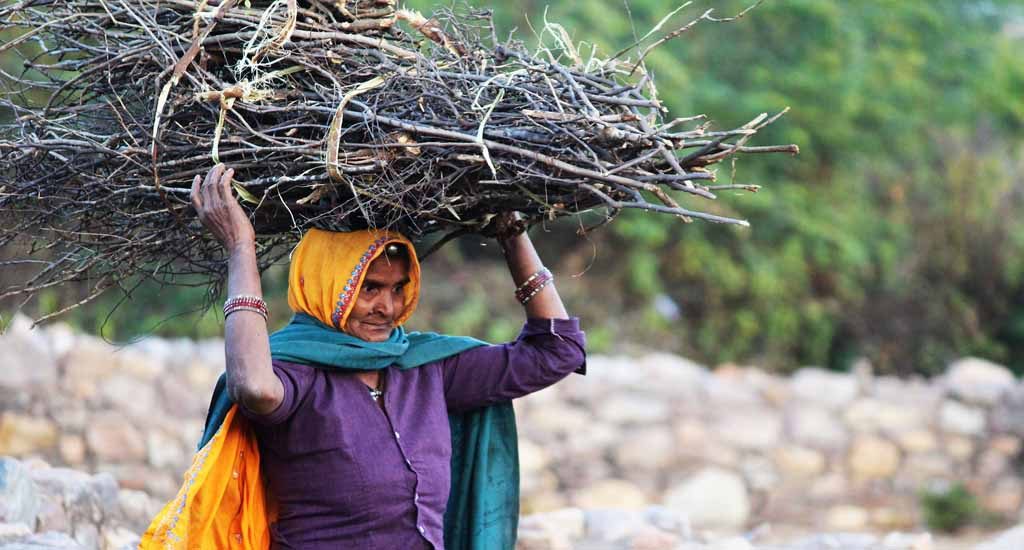
Patriarchy, sustainability and shame
In the present rural development model, a gender lens is lacking in the development designs, leaving women continue their demarcated role, with no progress or empowerment in sight